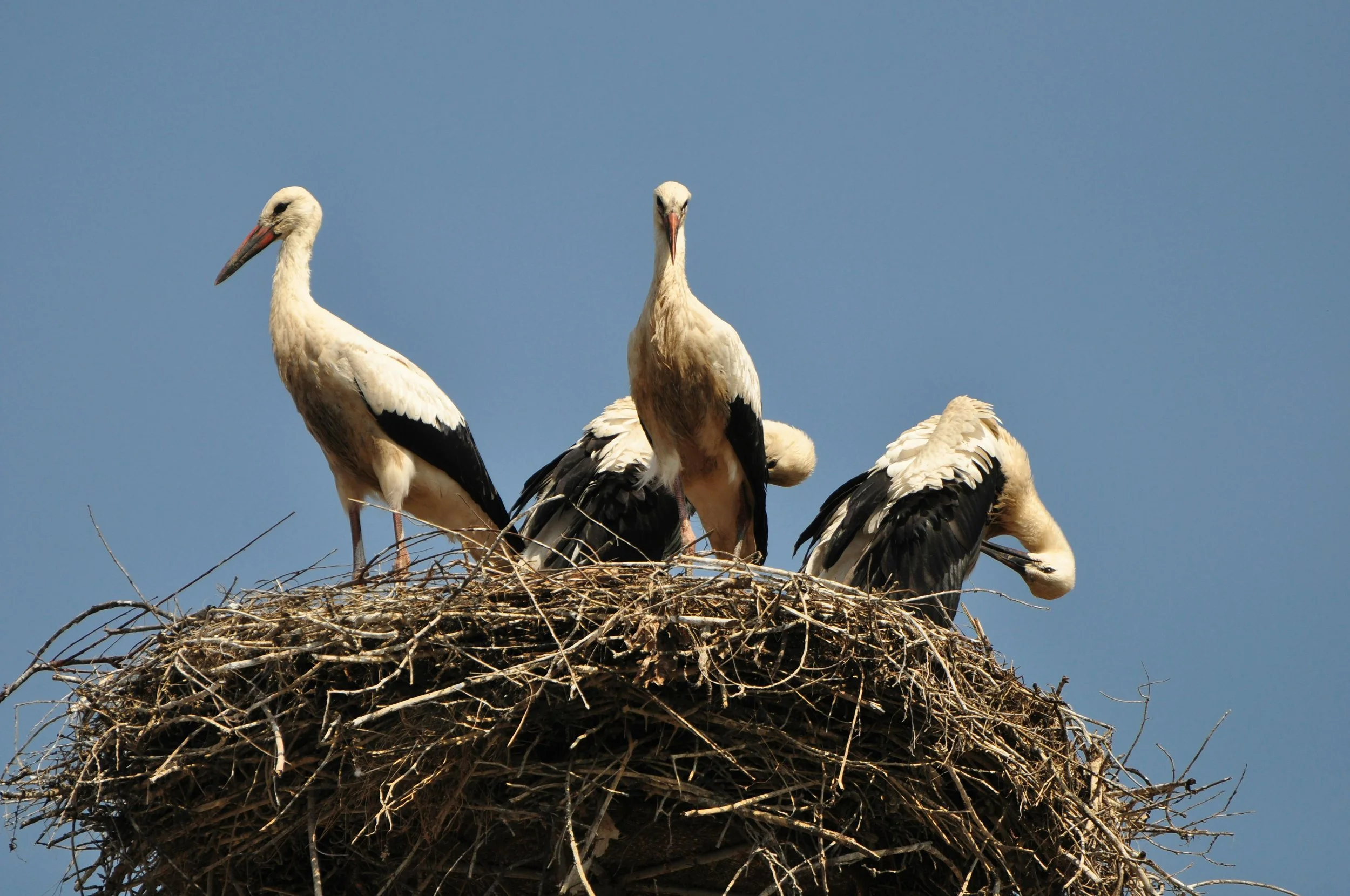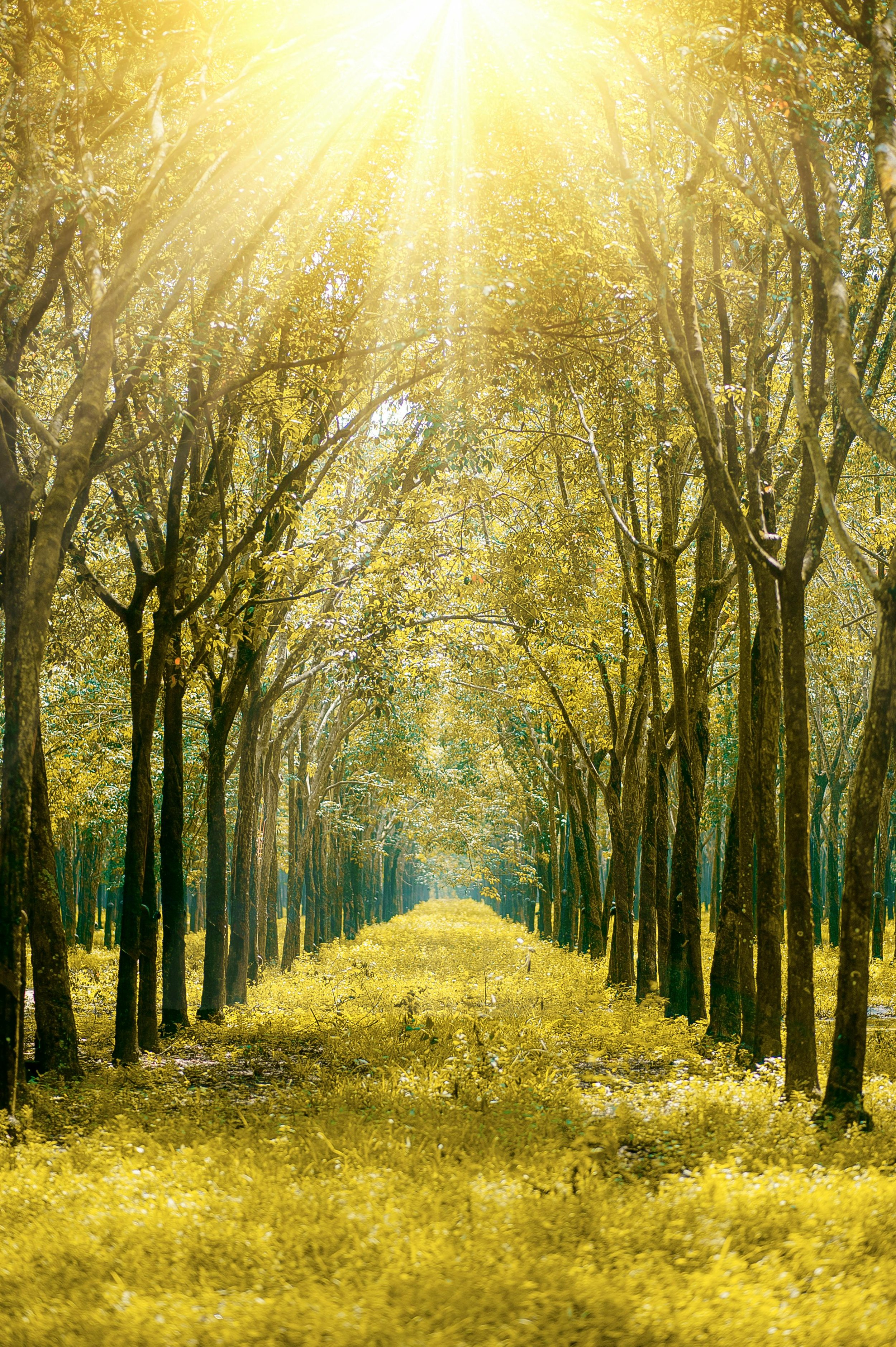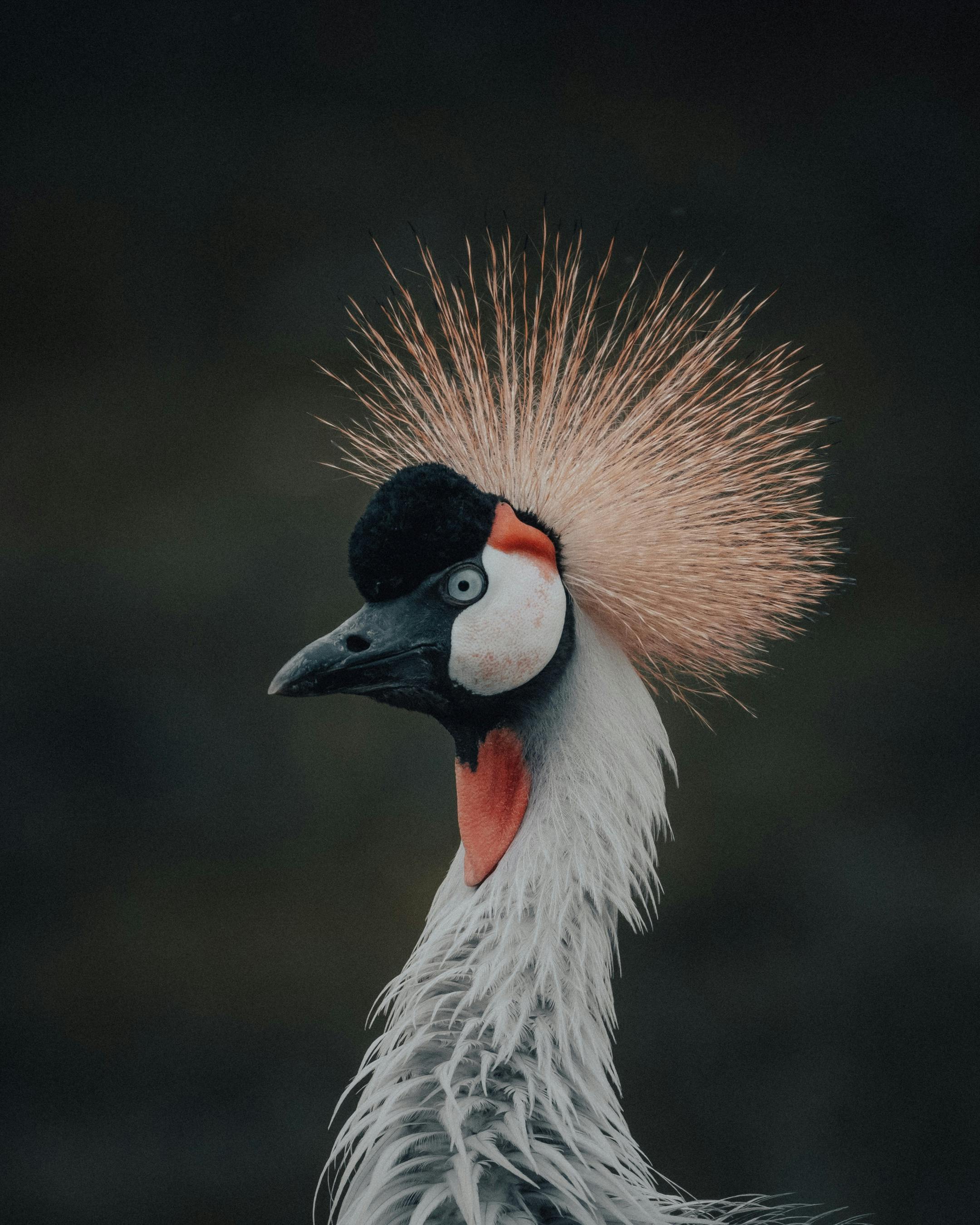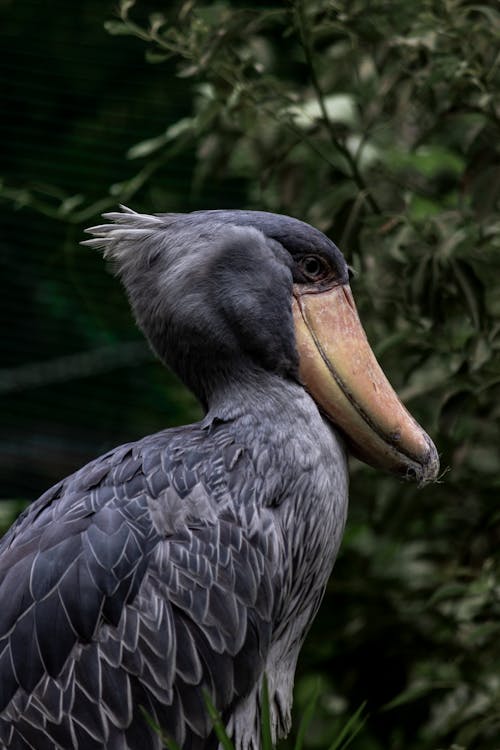NestFuel Movement
Briquettes For Birds
Empyrean Roots - Saving Habitats One Briquette at a Time
Uganda is facing an environmental crisis that threatens not just its people and wildlife, but the very lungs of our planet. Deforestation is accelerating rapidly due to a heavy reliance on firewood and charcoal. Nearly 90% of Ugandans cook with wood or charcoal, leading to the cutting of over 75 million trees each year.
This mass loss of trees strips once-lush forests into bare, erosion-prone land and throws ecosystems into imbalance. But the effects don’t stop at the treetops. As forests disappear, they disrupt water cycles and dry out surrounding areas - putting wetlands at risk as well.
One tragic example is Uganda’s Grey Crowned Crane, the national bird. This elegant creature relies on wetlands and grasslands, often adjacent to forests, for nesting and feeding. As trees fall and nearby wetlands shrink, the crane’s habitat disappears. Once common, this bird is now endangered, its golden crown growing harder to spot in the wild.
But it’s not just birds at risk. Forests and wetlands regulate rainfall, protect soil, and store carbon, especially in countries like Uganda, which sits directly on the equator, a zone critical to the Earth’s climate balance. The equator’s ecosystems are biodiversity hotbeds and natural stabilizers. When they fall, the shockwaves are global, from rising temperatures to erratic weather and vanishing species.
At the same time, Uganda is overflowing with agricultural waste. One major source is banana fiber waste. As one of the world's top banana producers, Uganda sees massive amounts of stems, peels, and plant waste left to rot, burn, or pollute waterways. What’s treated as garbage is actually full of potential.
That’s where Empyrean Roots comes in.
We convert agricultural waste like banana stems, coffee husks, maize cobs, and sawdust into biomass briquettes - clean-burning fuel that replaces firewood and charcoal. No trees are cut. No forests destroyed. Wetlands can begin to recover. And what was once waste becomes life-giving energy.
It’s a win-win-win:
🌿 Forests and wetlands get a second chance to thrive
🐦 Wildlife, including endangered birds, regain their habitats
🏡 Local communities earn income and cook with cleaner, longer-lasting fuel
But right now, we’re still in the planning and startup phase. That’s why we’re raising $50,000 to purchase an industrial briquette press machine, as well as materials to build shelter for the machine, prepare workspace, and begin our first round of production.
This will allow us to scale quickly to meet rising demand - fueling homes, reducing waste, saving trees and wetlands, and creating green jobs.
This isn’t just local. It’s global.
We believe in collective consciousness: what we do here in Uganda ripples outward. Every tree spared adds oxygen to the world. Every toxic fire we prevent helps purify the skies beyond our borders. Every bird we protect helps keep balance in our shared ecosystem.
We’re not a nonprofit - we are a movement.
We’re building a sustainable, ethical business to change the world - beginning with briquettes, and continuing with other green innovations to follow. We invite you to join us - not just as a contributor, but as a co-creator of change.
💚 By supporting us, you’re:
• Protecting the equator’s forests and wetlands
• Safeguarding endangered wildlife - like the Grey Crowned Crane, Shoebill, Blue Swallow, and African Grey Parrot
• Creating green, ethical jobs in rural Uganda
• Transforming agricultural waste into clean fuel
• Choosing to uplift the collective - people, animals, and planet
🌿 Help us restore balance to the land, the skies, and our shared future.
















